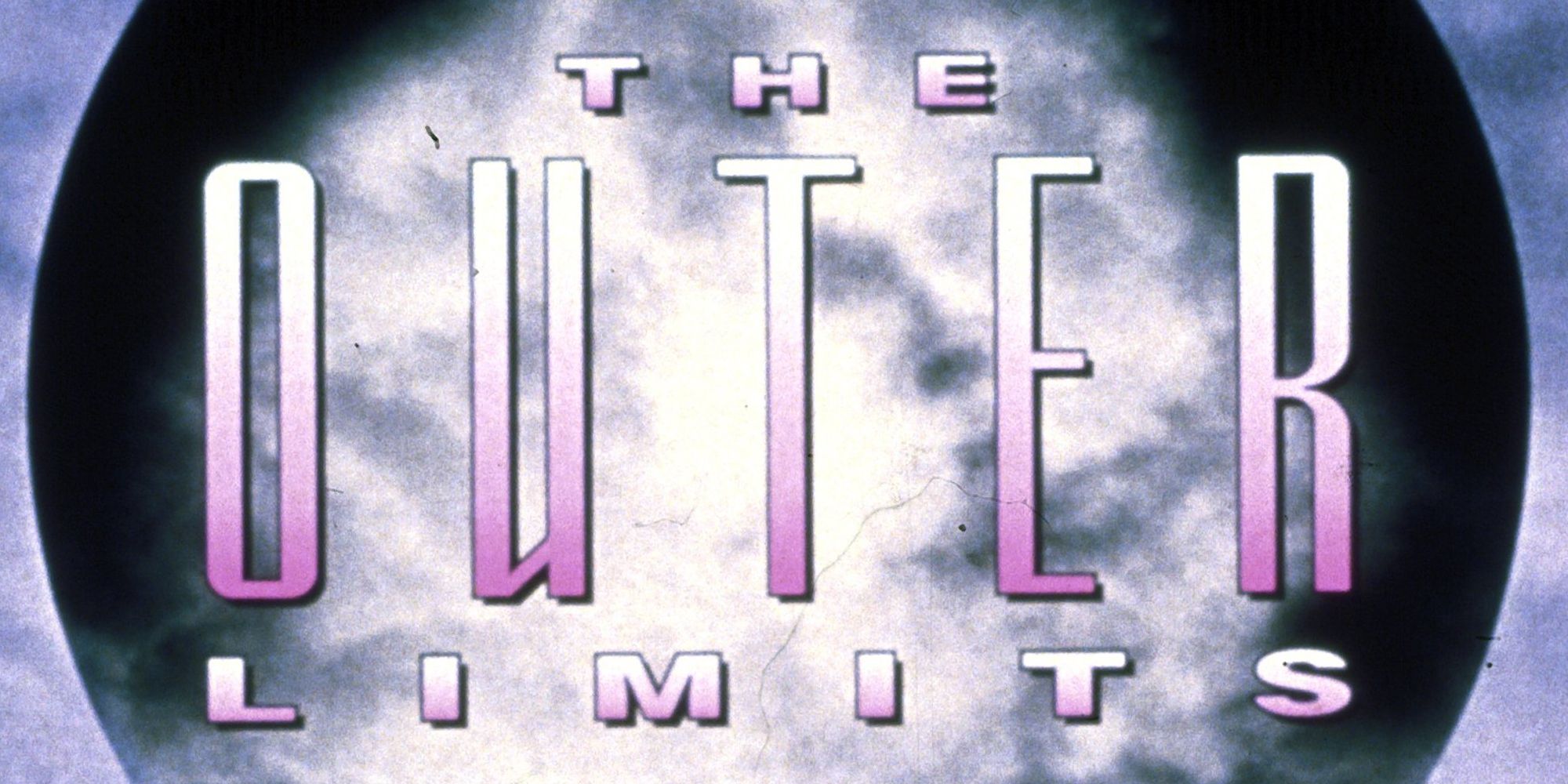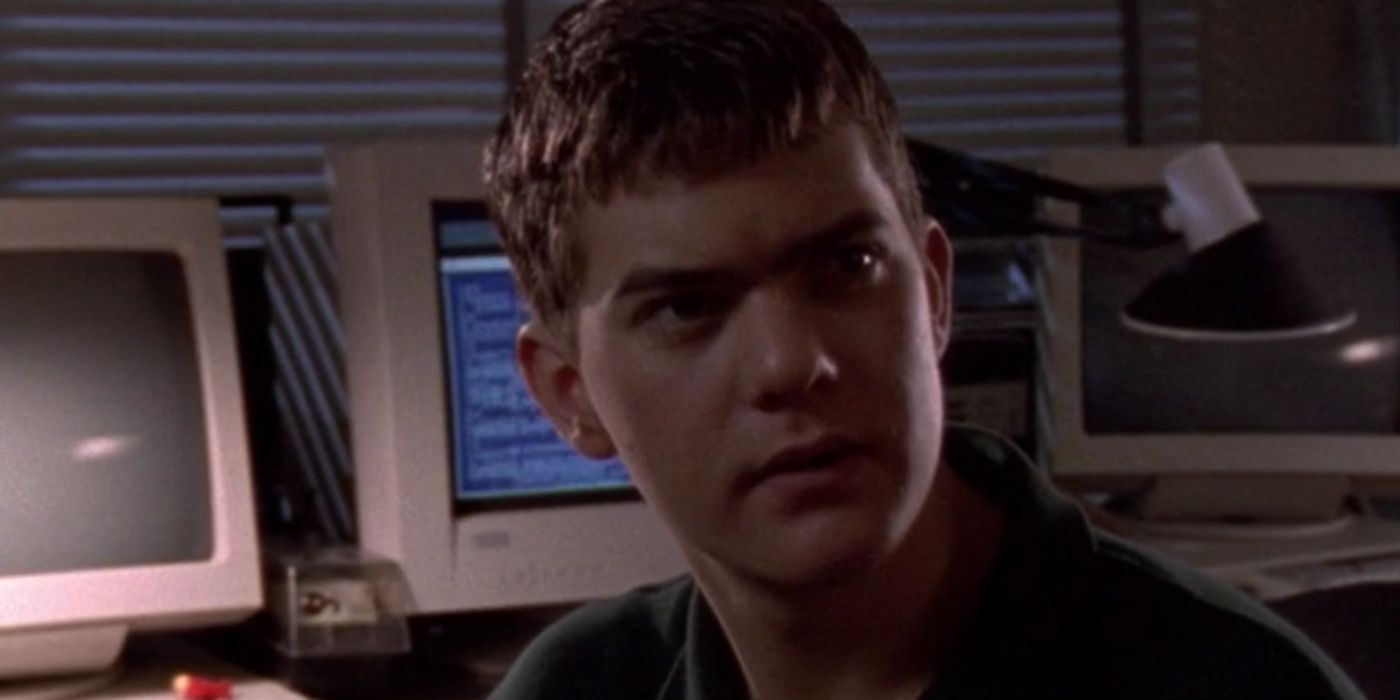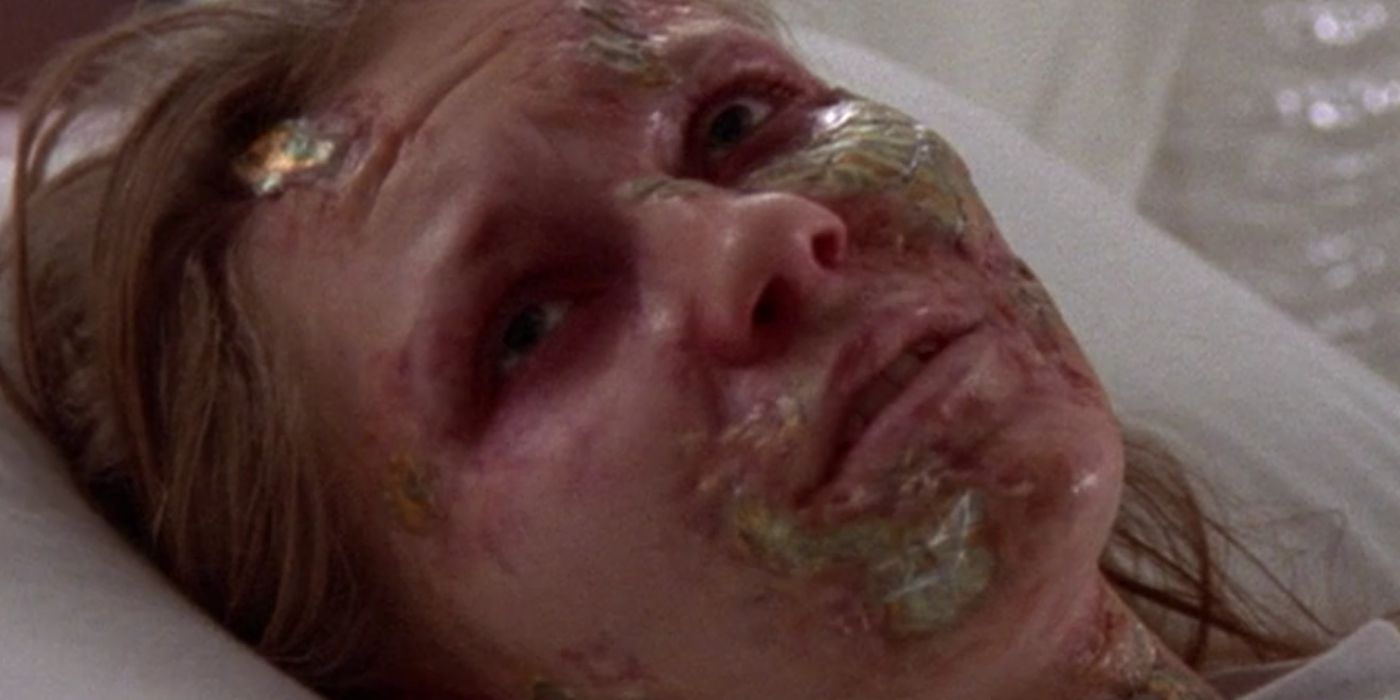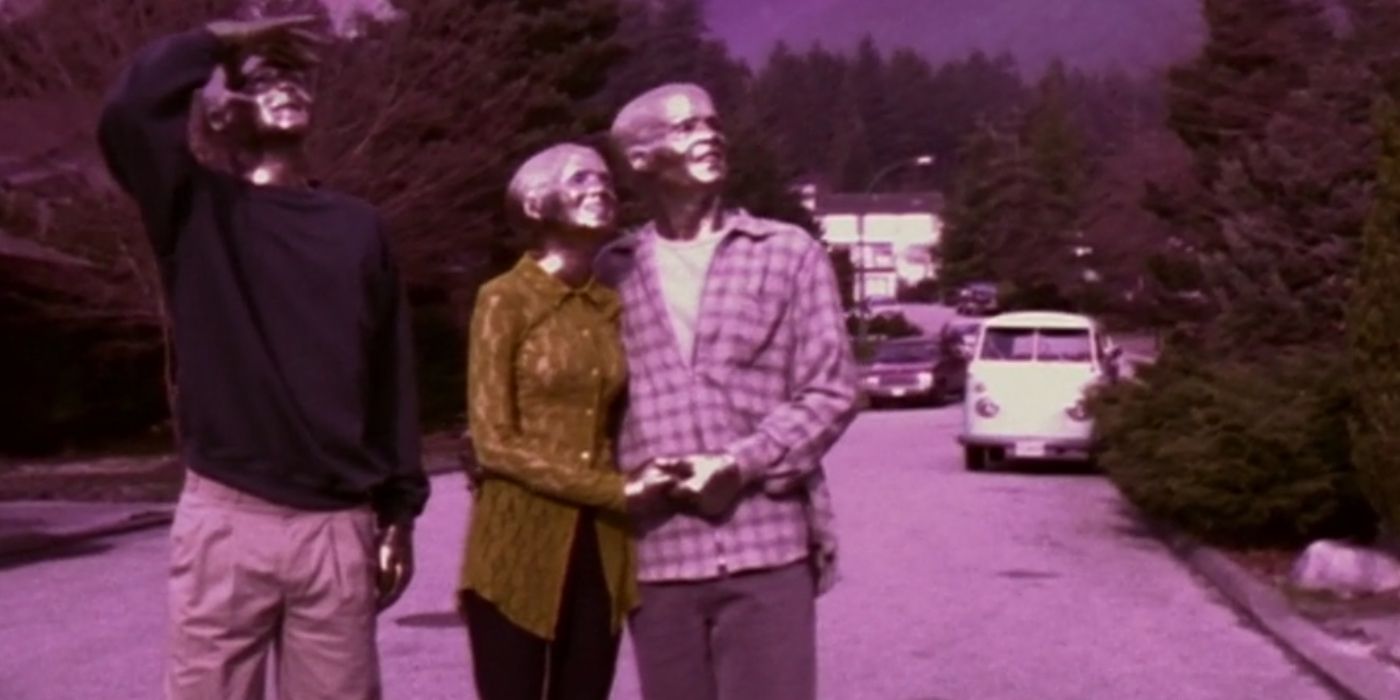
The idea of aliens approaching Earth's citizens with the means to transform children to prepare them for a new age is not a new theme in the science fiction genre. Novels like Arthur C. Clarke's Childhood's End and short stories such as "Mimsy Were the Borogoves" by Henry Kuttner and C. L. Moore under the pen name Lewis Padgett have already played with the idea. However, "Music of the Spheres," an episode of The Outer Limits revival, approaches the topic in a way that is particularly relevant today amidst the COVID-19 pandemic and increasing concerns about climate change. The episode argues strongly for the need to adapt to changing times, even if that change or the vaccine seems frightening at first.
The Outer Limits was an anthology show dedicated to showcasing science fiction stories that often drifted into the realm of sci-fi horror, much like The Twilight Zone. The show originally aired from 1963 through 1965 and was later revived from 1995 to 2002. "Music of the Spheres" was the fifteenth episode of the revival's third season. While earlier episodes, such as "The Message," "Trial by Fire" and "Dead Man's Switch" dealt with the first contact with an alien species that could be friend or foe, "Music of the Spheres" is the most relevant to today's debates about climate change and the importance of vaccinations.

The episode begins with Devin Taylor, played by Joshua Jackson before his Dawson's Creek days, listening to transmissions from space. His mentor at the college dismisses his findings as noise, but Devin takes the recording home on a cassette tape. Once there, his younger sister, Joyce Taylor, played by Kirsten Dunst, finds the recording and seems enthralled. She eagerly influences her boyfriend and then her classmates to listen. Still, the adults around them only hear static and noise instead of the life-changing melody that Joyce describes.
After Joyce influences a DJ at a teen rave to play the music for a larger audience, it becomes clear that she and the other teens at the party are becoming physically affected. The teens begin to develop weird patches on their skin, and their irises begin changing. At first, the CDC doctors and scientists believe that a disease or drugs caused the changes. Eventually, they make the connection that the transmission causes the condition, and it mainly affects people under the age of twenty. People from twenty to twenty-four are also affected, but the condition spreads much slower in them. Adults over that age are completely unaffected. As the condition spreads, the scientists study the signal and determine that it is alien in origin. The military immediately jumps to the conclusion that the signal is an "act of war" and an attack on Earth's children.

An underlying theme of the episode is the importance of listening to children because they are the future. No one listens to Joyce as she begs them to let her listen to the music again. They play the music backward for her to try to reverse the effects. It takes Joyce literally flatlining for them to consider her pleas and play her the music again. The music revives her, and she states that she is "ready for the change." Today, many of the most prominent activists working to mitigate climate change damage are younger, such as Greta Thunberg. Like Joyce, their arguments are often dismissed because of their age despite the science behind their work.
In The Outer Limits episode, climate change is wholly outside of humanity's control, unlike the climate change we are affected by today. Throughout the episode, there are constant mentions of increases in solar activity. But in the episode's second half, the sun's activity takes the foreground of the episode. After Joyce almost dies, Devin, who also has been affected, albeit more slowly, finally figures out that the signal is meant to change everyone but not actually harm them. His mentor later explains that the star in the system that the signal originates from underwent a change into a blue dwarf star, emitting ultraviolet light, and Earth's sun is undergoing a similar change. The aliens sent the signal to Earth as a "vaccine" of sorts to help humanity adapt and survive the effects of the ultraviolet light. Once changed, humans lose all of their hair, and their skin turns into a metallic gold color. These outward changes reflect their new ability to survive in an ultraviolet world.
The response to this discovery seems a little overly optimistic, especially considering current arguments against vaccination. The governments of the world immediately begin playing the song for everyone around the world and even work to play the music in other countries that might not have the resources to spread the signal as well. The CDC develops hormone treatments to enable adults to hear the signal. There are no arguments of "fake news" or political machinations; humanity just unifies to face the crisis instead.

Not all adults decide to undergo the change. Joyce and Devin's father, Dr. Emory Taylor, opts out, saying that "millions of people decided not to make the change, especially [his] generation." Dr. Taylor fully supports his children's new adaptations and seems to think of himself and the other adults unwilling to change as relics of the past. Dr. Taylor makes the choice fully knowing that he will no longer be able to go outside during daylight hours because the ultraviolet light will kill him within hours, but he seems to accept his new restrictions with ease. His children leave him behind in the house as they go outside to witness the dawn of a new era as the sun shifts to ultraviolet.
Dr. Taylor and other adults' choice not to change or become vaccinated against the sun's new effects differs from our current pandemic because their choice only affects them individually. Ultraviolet radiation is not an infectious disease that can mutate. In contrast, during pandemics such as the current spread of COVID-19 and the Delta variant, choosing not to vaccinate can lead to the person making the choice to get the disease. However, they also can infect other people around them. Therefore, the decision of whether or not to vaccinate becomes less about personal choice and more about public safety.
Unlike The Outers Limits' aural vaccine, the COVID-19 vaccine will not cause the recipient to lose all of their hair or become metallic. However, fears of change and the vaccine's possible effects are still causing many to forego it, making the current pandemic last even longer. Thus, while The Outer Limits is very much a time capsule of the late nineties, the episode's message still resonates with today's fears and serves as an argument against climate change deniers and anti-vaxxers alike.
0 Comments